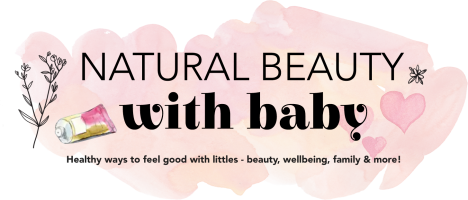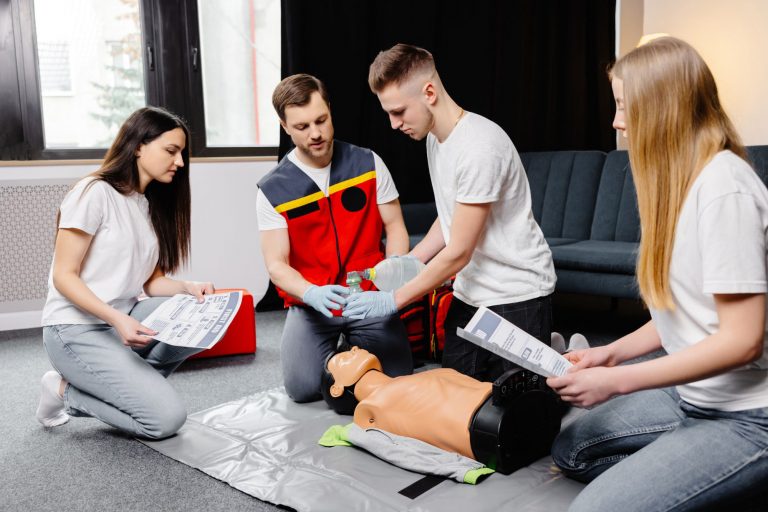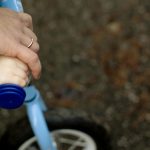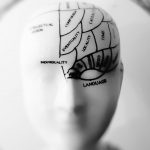“The Benefits of Learning Lifesaving Skills for Emergency Preparedness” is a collaborative post.
Are you prepared for the unexpected? Emergencies can strike at any moment, leaving us feeling vulnerable and unprepared. However, by learning lifesaving skills, you can equip yourself with the necessary tools to handle any crisis with confidence and efficiency.
In this post, we will delve into the various benefits of learning lifesaving skills for emergency preparedness. Read on.
Immediate Action in Critical Moments
In emergencies, every second counts. Whether it’s:
- performing CPR on someone who has collapsed
- administering first aid after an injury
- knowing how to assist in a choking incident
Having lifesaving skills allows individuals to take immediate action before professional help arrives. In critical moments, the difference between survival and worsening conditions often comes down to the actions of those present.
Knowing how to respond with the right technique can stabilise a person’s condition and buy precious time for medical professionals to intervene. Also having CPR group training from experts can work wonders.
Increased Confidence in Handling Emergencies
Many people feel uncertain or panicked when faced with an emergency, especially when someone’s life is at risk. However, learning lifesaving skills can significantly boost confidence. Training in basic first aid, CPR, and other emergency procedures equips individuals with the knowledge to stay calm and think clearly under pressure.
This confidence enables people to act decisively, which is crucial in high-stress situations. Knowing that you are capable of responding effectively can reduce feelings of fear and uncertainty. It leads to better outcomes.
Prevention of Long-Term Complications
Lifesaving skills are not just about saving lives. They are also about minimising long-term harm. Early intervention during an emergency can prevent the escalation of injuries or medical conditions.
For example, applying the proper first aid technique for a burn or wound can reduce the risk of infection or permanent damage. Likewise, performing CPR on someone experiencing a cardiac arrest can restore circulation to vital organs.
It reduces the chances of brain damage or other complications. By learning these skills, individuals can improve the chances of recovery for those affected by an emergency.
Improved Community Safety
Emergencies don’t always occur in isolation. They can happen in:
- homes
- schools
- workplaces
- public spaces
When more people in a community are trained in lifesaving skills, the overall safety of the group improves. In schools, for example, staff members trained in CPR and first aid can respond swiftly to an:
- accident
- injury
- medical emergency
This ensures the safety of students. Similarly, workplaces with employees trained in emergency preparedness are better equipped to handle incidents like workplace injuries or fire evacuations. This collective knowledge and readiness create a safer environment.
Greater Preparedness for Natural Disasters
In addition to medical emergencies, lifesaving skills are also crucial in responding to natural disasters like:
- earthquakes
- floods
- wildfires
Knowing some skills can reduce the severity of the situation, such as how to:
- properly evacuate
- administer basic first aid in the field
- assist injured individuals during a disaster
Individuals trained in emergency preparedness are more likely to remain calm and take proactive steps when faced with the chaos that often accompanies natural disasters. This level of preparedness helps communities recover more quickly and minimises the overall impact of such events.
Learn Lifesaving Skills Today
In conclusion, learning lifesaving skills is an essential step towards ensuring emergency preparedness. From basic first aid to more advanced techniques, these skills increase your chances of survival in a crisis and equip you to save others.
Don’t wait until it’s too late, take action now and learn lifesaving skills. Your future self and others may thank you.
If you want to read more articles, visit our blog.







Comments are closed.